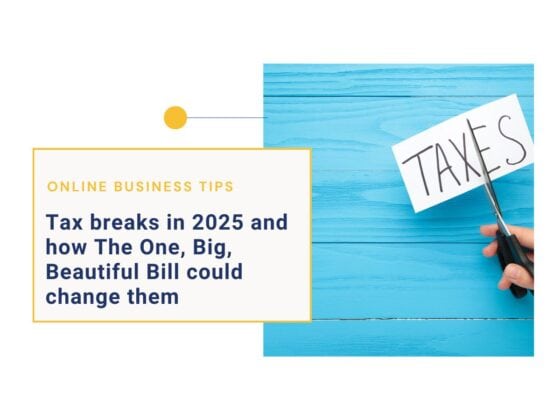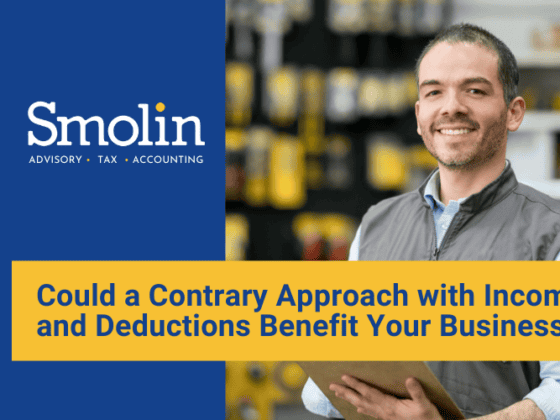Whether in the mountains or a waterfront community, many Americans dream of owning their perfect vacation home. If you already own a second house in a desirable area, you might consider renting it out for part of the year.
Before you post that listing, though, take a moment to learn about the tax implications. Taxes for these transactions can be complicated. They are determined based on how many days the home is rented, as well as a few other factors.
Vacation use by yourself and family members (even if you charge them rent) may impact that amount of taxes you pay. Use by nonrelatives will also affect your rate if market rent isn’t charged.
Tax rates for short-term rentals
Did you know that if you rent a property out for less than 15 days during the year, it’s not treated as “rental property” at all? For tax purposes, any rent you receive for this timeframe won’t be included in your income. This can lead to revenue and significant tax benefits in the right circumstances.
There is a drawback to this, though. You can only deduct property taxes and mortgage interest—not depreciation or operating costs. (Mortgage interest is deductible on your principal residence and one other home, subject to certain limits.)
Tax rates for longer rentals
You must include rent received for property rented out more than 14 days in your income for tax purposes. In this scenario, you may deduct part of your depreciation and operating expenses (subject to certain rules).
However, navigating the numbers can prove challenging. You must allocate which portion of certain expenses are incurred via personal use days vs. rental days, such as:
- Maintenance
- Utilities
- Depreciation allowance
- Taxes
- Interest
Both the personal use portion of taxes and the personal use part of interest on your second home may be deducted separately. To be eligible, the personal use part of interest must exceed the greater of 14 days or 10% of the rental days. Depreciation on the personal use portion of time is not deductible.
Losses may be deductible
If allocable deductions are lower than your rental income, you must report the deductions and the rent to determine the amount of rental income you should add to your other income. If expenses exceed the income, it may be possible to claim a rental loss.
The number of days you use the house for personal purposes is important here. If you used the home for more than the greater of 14 days or 10% of the rental days, you used it “too much” to claim your loss.
In this instance, you may still be able to wipe out the rental income using your deductions. However, you can’t create a loss. Deductions you can’t claim will be carried forward, and you may even be able to use them in future years.
If you can only deduct rental expenses up to the amount of rental income you received, you must prioritize the following deductions:
- Interest and taxes
- Operating costs
- Depreciation
Even if you “pass” the personal use test, you must still allocate your expenses between the personal and rental portions. In this case, though, rental deductions that exceed rental income may be claimed as a “passive” loss (and will be limited under passive loss rules.)
Questions? Smolin can help.
Tax rules regarding vacation rental homes can be confusing. We only discuss the basic rules above, and additional rules may apply to you if you’re considered a small landlord or real estate professional.
That’s why it’s best to consult with a tax professional before planning your vacation home use. Contact the friendly tax experts at Smolin to learn more.


